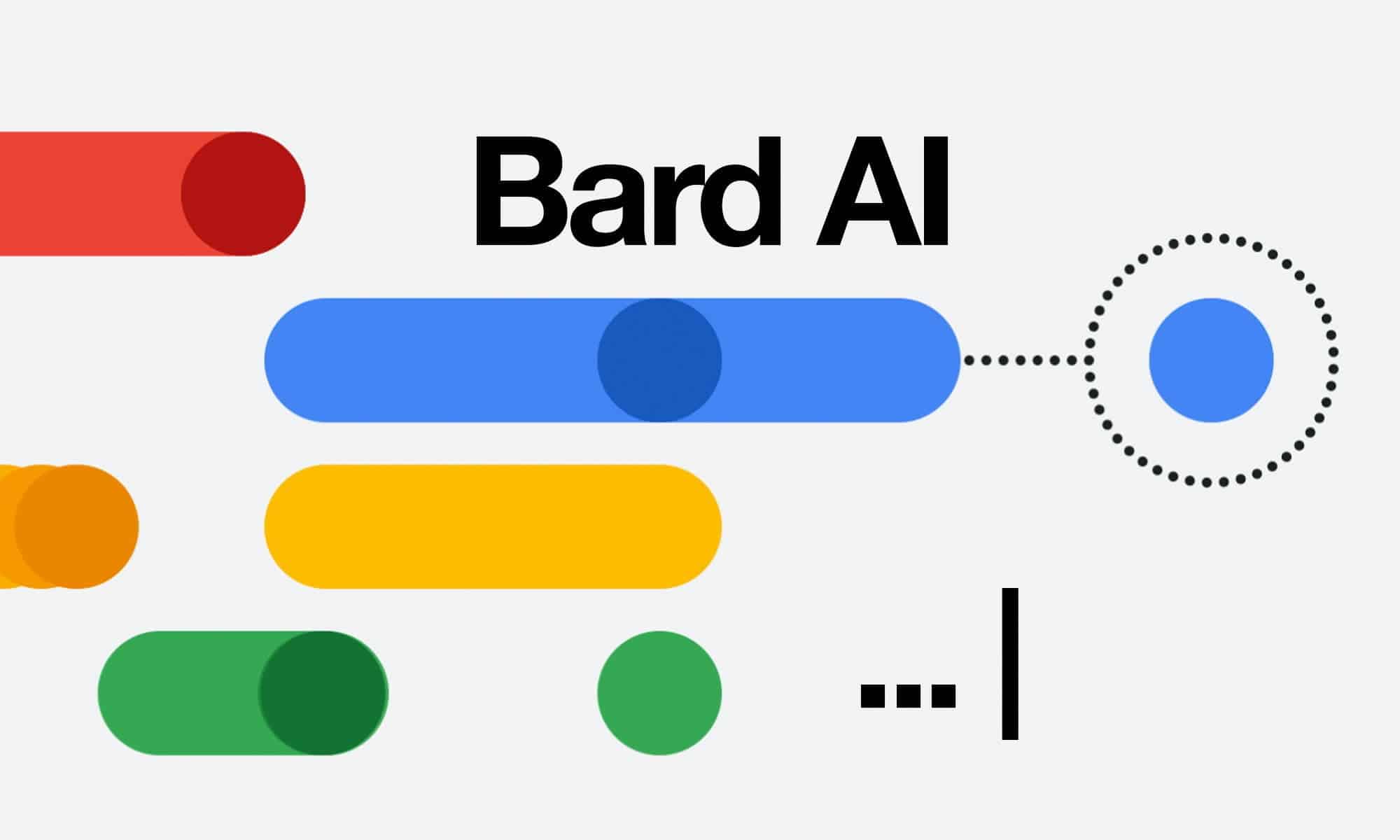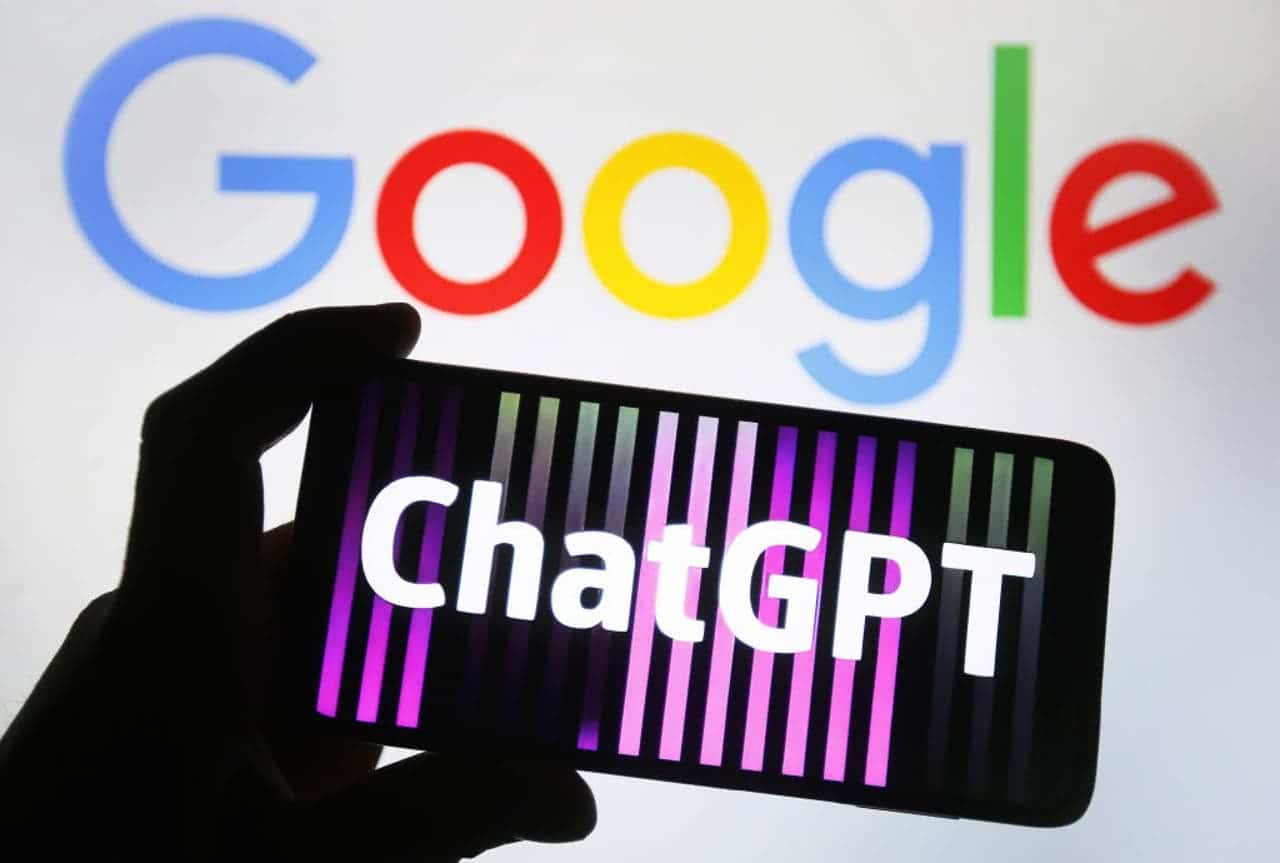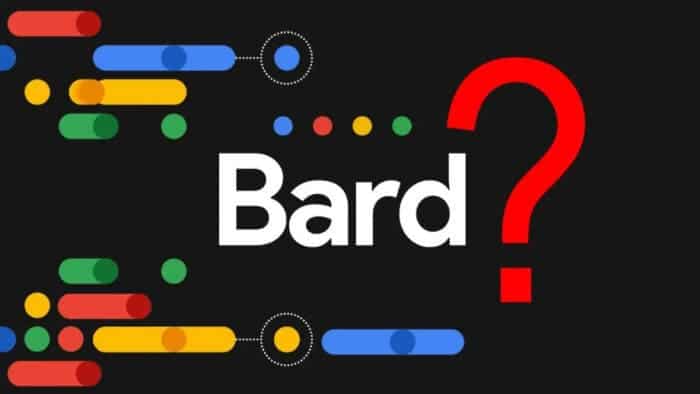Big tech companies have never been more eager to develop a better search engine or chatbot. In fact, they are currently doing whatever it takes to put the brakes on the ChatGPT and make users move far from it. Some of the behemoths even made some quick decisions and jumped on board, allowing them to be not far from OpenAI’s offering.
One example of that would be Microsoft’s Bing Chat. Nonetheless, there are still many who are struggling to catch up. And Google would be one of them. Yes, it did finally debut its answer to OpenAI’s ChatGPT last month, which goes by Bard. And right after the rough start, it started to face accusations. Supposedly, Google has used data from OpenAI’s technology to develop its generative AI!
Google Bard Accused of Using ChatGPT’s Technology Without Permission
Like any other generative AI model, Google Bard is built on a combination of training data and machine learning models. Now, when it comes to machine language models, Google utilized its Language Model for Dialogue Applications (LaMDA). But that’s for the syntax of the chatbot. For training data, there are tons of libraries that are open-source and free for AI researchers.
However, there’s a high chance that Google might not have scoured through them. That is, the public domain data was probably not enough to come up with Bard. In fact, according to The Information, Google has relied on the ChatGPT data that OpenAI shared publicly through ShareGPT.

At the core, the data contains responses of ChatGPT, and on the website, you can even share the responses from the chatbot of OpenAI. And such accusations are not coming out of the blue. A Google AI researcher, Jacob Devlin, left Google after warning the top execs that using the data from ChatGPT would violate the terms of service from OpenAI.
Devlin, the same researcher that left Google, is now working with OpenAI. And he was also concerned about the consequences. That is, if Google tapped into the data from ChatGPT, Bard would give similar responses as OpenAI’s chatbot. The report also made some further concerning claims.
It states that Google ordered the DeepMind division to make a collab with the Brain team. The main purpose of the collaboration was to start with a new initiative, which is known by the internal name “Gemini.”
Google’s Response
So, those are some serious accusations against Google. And, of course, tapping into the data from ChatGPT without taking the permission of OpenAI would definitely make Bard face some extensive consequences. Well, Google came forward with a response.
Google sent a statement to WinFuture regarding the matter. According to it, Bard did not use training data that was from ChatGPT. To be exact, the statement goes something like, “Bard is not trained on data from ShareGPT or ChatGPT.” Several other publications are also reaching out to Google regarding the matter, but not many are getting responses.

Truth be told, Google is currently walking on top of a tightrope, which is between a lack of progress and ethical concerns. Google has even seemingly “botched” the launch of Bard by advancing the launch timeline. At least, that is what the Google employee thought when Bard was rushed to compete with ChatGPT.
Previously, Business Insider reported that Sundar Pichai asked Google employees to take up to four hours extra to iron out the few kinks in its very own ChatGPT competitor.
Nonetheless, at the moment, it is still unclear whether Google utilized the data from ChatGPT to train bard. There’s a chance that Google might have relied on it prior to Bard’s launch. Even so, it is not clear whether Bard is still operating on any of that training data. But so far, Google is denying all the accusations that are coming on its way.





